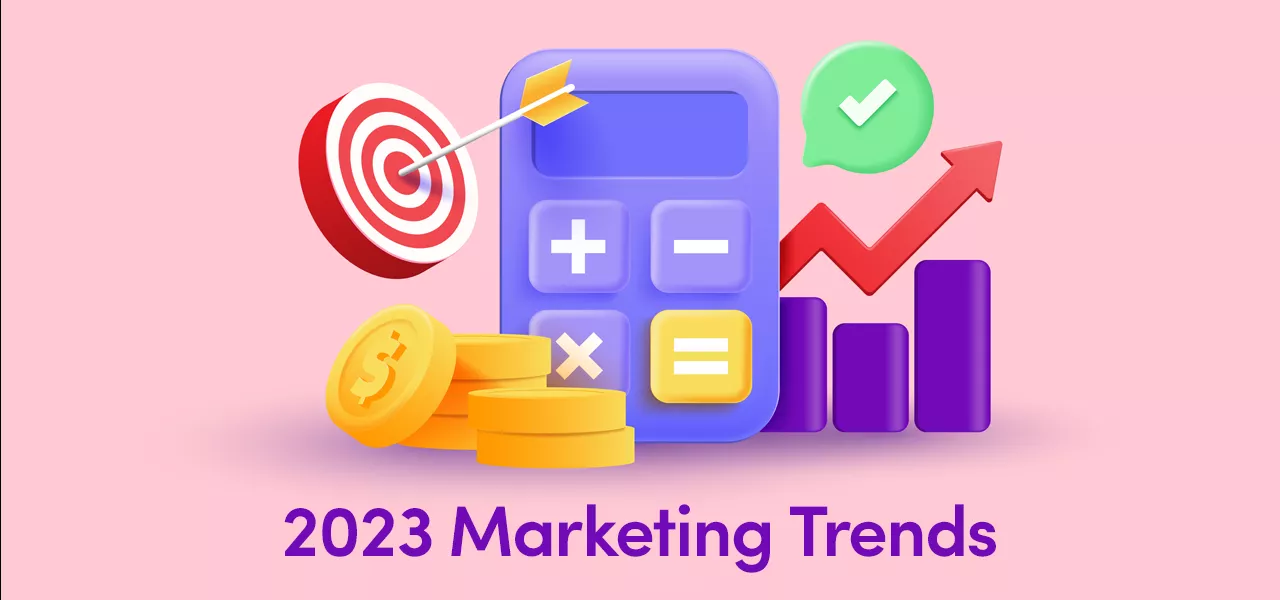The world of e-commerce is a dynamic and ever-evolving space, driven by technological advancements, changing consumer behaviors, and emerging market trends. As businesses strive to succeed in the online marketplace, it is crucial to stay informed about the latest e-commerce trends that can inspire innovation and drive growth. In this article, we will explore some of the most inspiring e-commerce trends that are shaping the industry today.
1. Personalization and Customization
Personalization and customization have become key differentiators in the e-commerce landscape. Today’s consumers expect tailored experiences that cater to their individual preferences and needs. Businesses that can offer personalized product recommendations, customized marketing messages, and tailored user interfaces are gaining a competitive edge. By leveraging customer data and advanced analytics, companies can deliver highly relevant and targeted experiences, fostering customer loyalty and driving conversions.
2. Mobile Commerce (M-Commerce)
The widespread adoption of smartphones has revolutionized the way consumers shop. Mobile commerce, or m-commerce, has emerged as a dominant force in e-commerce. With the convenience of mobile devices, consumers can shop anytime, anywhere, and businesses must optimize their online stores for mobile devices to provide seamless experiences. Mobile-responsive websites, intuitive mobile apps, and mobile payment options are essential to capture the growing number of mobile shoppers.
3. Social Commerce and Influencer Marketing
Social media platforms have become powerful tools for e-commerce businesses to connect with their target audience. Social commerce integrates e-commerce functionalities directly into social media platforms, allowing businesses to showcase products, facilitate purchases, and engage customers within the social ecosystem. Influencer marketing has also gained prominence, leveraging the influence and reach of social media personalities to promote products and drive sales. By leveraging social media platforms and collaborating with influencers, businesses can expand their reach, increase brand visibility, and tap into engaged communities of potential customers.
4. Sustainability and Ethical E-Commerce
Consumers today are increasingly conscious of environmental and social issues, and they seek out businesses that align with their values. Sustainability and ethical e-commerce have gained traction as important considerations for consumers when making purchasing decisions. Businesses that prioritize sustainable sourcing, eco-friendly practices, and ethical production are resonating with conscious consumers. By adopting sustainable practices and transparent supply chains, businesses can not only attract environmentally conscious customers but also contribute to a better future.
5. Omnichannel Customer Experience
Creating a seamless and integrated customer experience across multiple channels and touchpoints has become crucial in e-commerce. Omnichannel retailing ensures that customers can have a consistent experience whether they shop online, in-store, or through other channels. By integrating various sales channels, such as websites, mobile apps, physical stores, and social media platforms, businesses can provide a unified brand experience. This enables customers to switch between channels seamlessly, enjoy personalized interactions, and have a cohesive journey from discovery to purchase.
Embracing these inspiring e-commerce trends can unlock new opportunities and propel businesses to greater success in the digital landscape. By personalizing experiences, optimizing for mobile commerce, leveraging social media and influencers, embracing sustainability, and delivering an omnichannel customer experience, businesses can thrive in the ever-evolving world of e-commerce.

